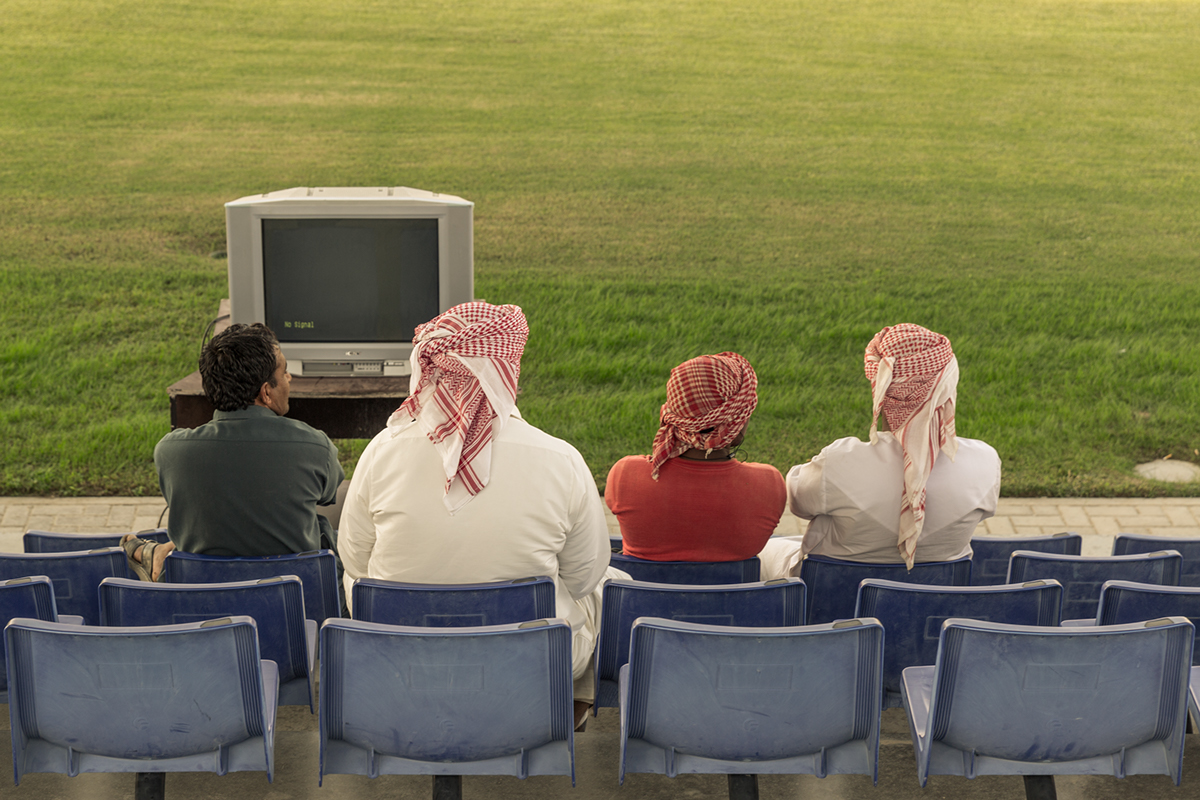The camel races in Dubai are a highly profitable business. Until 2005 the potential gain was held back by the protests of human rights activists who criticized the use of children between two and seven years as jockeys. After 2005, however, the business has taken off thanks to the replacement of baby slaves with robot jockeys.

The mechanical substitutes have proved to be a real bargain for the managers of the races that have seen an exponential increase in participation and, although illegal betting and camel breeders who have seen the resumption of business after a particularly difficult period.

In the United Arab Emirates have been built many circuits, but there is no country in the situation reported interest in Dubai and, as proof of this, the most coveted prize by experts in the field is the King's Cup which takes place in Dubai.

In the face of a huge investment, the yield is possible, however, equally high: the races are broadcast live on television, they fill the sports pages of local newspapers and, in this way, the camels become celebrities.

The camel races in Dubai have risen to the headlines a few years ago for a humanitarian issue. Until 2005, children aged two to seven years were, in fact, kidnapped or bought at a maximum of two thousand dollars in the poorest countries of Asia and Africa to be transformed into professional jockeys in the Persian Gulf countries.

In 2005, therefore, introduced robot jockeys who, despite being very expensive (about $ 5,000) are also very light and relaunched the business of racing, compromise during the period of controversy. Thanks to this innovation races are again increasing their audience.

The devices, remote-controlled, are made of aluminum with a hinged arm that controls the whip and at the same time bring speed and heart rate of the animal. In this way the race is, in fact, consists of two parallel competitions: one of the camels on the track and one of the owners that edge-track remotely control their "champions".

After the first initial problems also linked to restlessness at the sight of the camels of automata, the humanising improvements have made it possible for the robot to constitute a valid substitute for the baby jockeys.

The first robots were developed as early as 2001, but satisfactory results were not obtained until 2003-2004 when the development was taken over by the Swiss robotics K-Team. Due to the weight (16-18 kg) and the high costs, the Swiss product was, in the following years, replaced by smaller and lighter models (2-3 kg) low-cost products in Qatar and the United Arab Emirates.

The camel races are both culturally and economically central to life in Dubai. A huge business that has brought benefits to the owners of the camels increasing employment in related competitions.

Now it is the question of animal rights. To date, the associations are fighting, in fact, for the rights of the camels, as well as being used for human entertainment, a practice considered in itself degrading, are controlled by small robots. Automata require animals to greater efforts than those taxable income from a human beast, causing it to drop that lead many camels could no longer take part in competitions and, often, the suppression.

